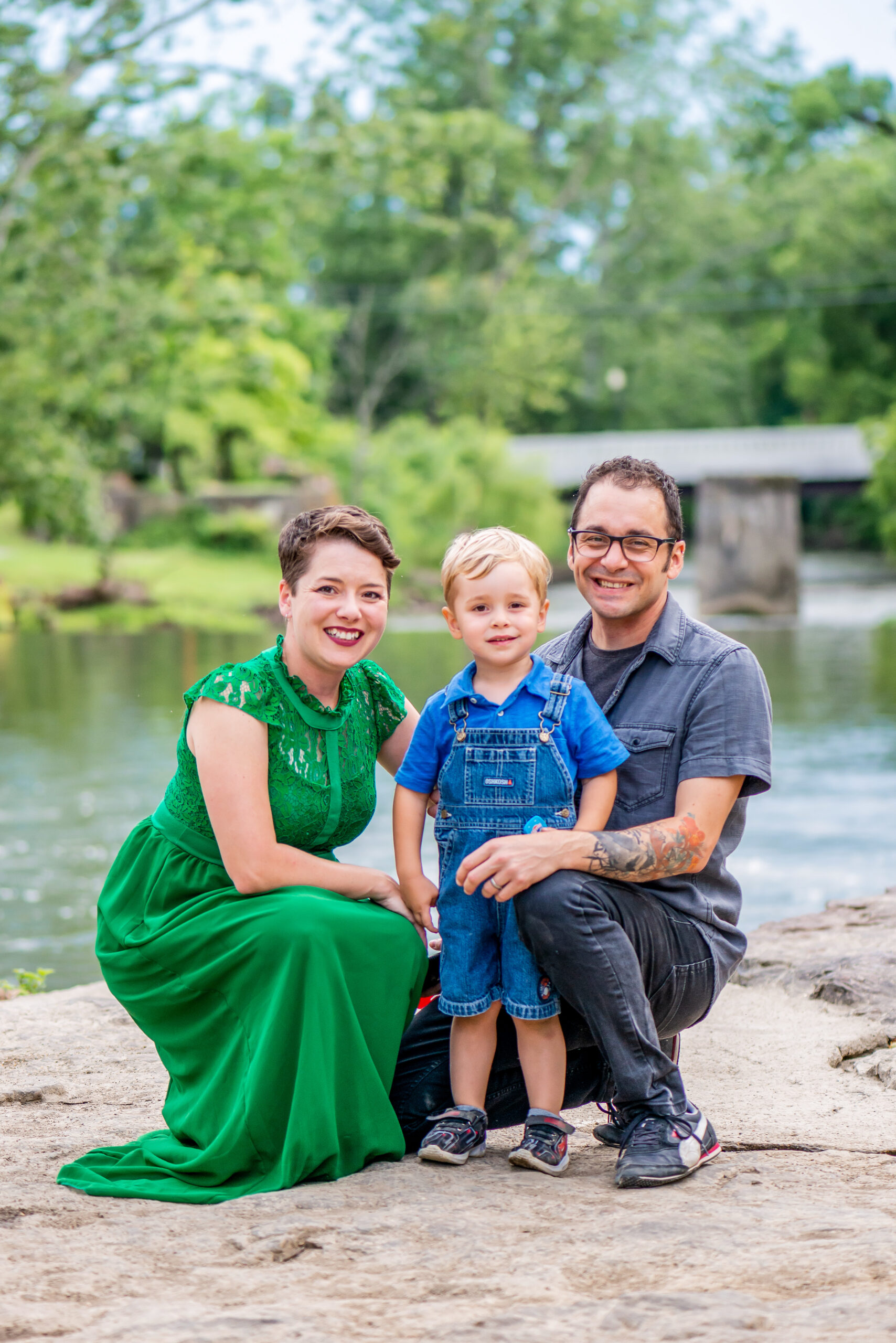This is the second post in a three-part series addressing some of the common myths and misconceptions we experience most regularly serving with Mennonite Mission Network in Barcelona. Read part 1.
Missionary Myth #2: Having fun
"Wow, it sure looks like the Garbers are having fun!"
This is the less-extreme incarnation of the previous myth that we do tend to hear from folks who faithfully support our ministry. People often site social media as the basis for this perception, and at face value, this seems innocent. However, we’ve had it shared with us in ways that also communicate an absence of hard work.
If you’re basing your opinion of us on social media, it could appear that we have a lot of time on our hands and we’re really living it up. That’s because we do have fun. Our closest friends say that has always been the case for us. During our pre-international-mission lives in Phoenix, we attended concerts, played music, shared meals, indulged weird hobbies, camped, decompressed with friends over a game of Uno or Rummy at the pub — these are not recent developments in our lives.
In fact, some of our most profound relationships and deepest understandings of God were formed in such moments.
As much as we have fun, we also wrestle with the hardships inherent to departing one’s native culture and entering a new one. Even after two years, few day-to-day interactions and processes come as easily as they would in the United States. Simple things like registering Asher for school, making/receiving phone calls and going to a medical appointment are full-on ordeals.
And then there’s the complicated stuff: my ugly crying at a restaurant with one of our colleagues upon realizing I no longer had close friends (aside from Alisha, of course); anxiety attacks triggered after learning the Fundación House would be closing and not being able to tell our housemates for nearly half a year; weeping uncontrollably when I learned we would not be allowed to have anyone else live with us in our new home.
We’re having fun, but we’re also working hard and often feeling a bit overwhelmed. We’re contemplating how we can utilize social media more effectively because using Facebook and Instagram "normally" are simply poor ways to communicate the full picture of our experience. Like most folks, we’re more inclined to post the highlights of our lives rather than the mundane. That’s not about conveying a false reality to our supporters — it’s because those positive, exceptional moments are the ones that inspire us to grab a photo. When we’re having a hard day with Asher, I don’t capture the moment for the world to see.
There’s a quote from Robin Williams’ character in the 2002 film One Hour Photo that has aged well, considering it came out well before social media as we know it blew up:
"People take pictures of the happy moments in their lives. Someone looking through our photo album would conclude that we had led a joyous, leisurely existence free of tragedy. No one ever takes a photograph of something they want to forget."
There’s another cultural component at play here, too: People don’t really gather at each other´s homes unless there’s a deep, pre-existing relationship. Instead, most relationship-building happens over a coffee, sandwich or beer in a neighborhood pub. It’s likely folks will see more photos of us "out having fun" if we’re doing our jobs right.
I also wrestle with the intersection of where marketing, manipulation and authenticity connect. Marketing is, essentially, manipulation done for good. To do either with authenticity — a requirement for postmodern ministry — relies on transparency. Our stated objectives can be communicated in this way, but there are also consequences.
- How can I visually communicate the growth of a relationship in a way that doesn’t also cause the other person to feel exploited or question my motivations (thus potentially hindering future relational growth)?
- How do we communicate ministry moments such as involvement in the Sunday worship service without indirectly reinforcing the false perception that’s what our jobs are all about?
- How do I share my new hobby of making kombucha in the context of ministry without it feeling forced? Or should I just not share it??
Society is still relatively new to social media. It’s not always clear what the ins and outs are. Communication has changed dynamically in the realm of mission work. In the not-too-distant past, folks were content to receive prayer letters from international workers once or twice a year. Our dilemma now is whether we should continue to use our personal social media accounts like normal folks, or if we need to be more "brand focused" and invest more energy into the North American part of our work.
Questions to reflect on:
What does your social media content say about you (and what does it leave out)?
What does it mean to be authentic and transparent on social media? How do you do that?








